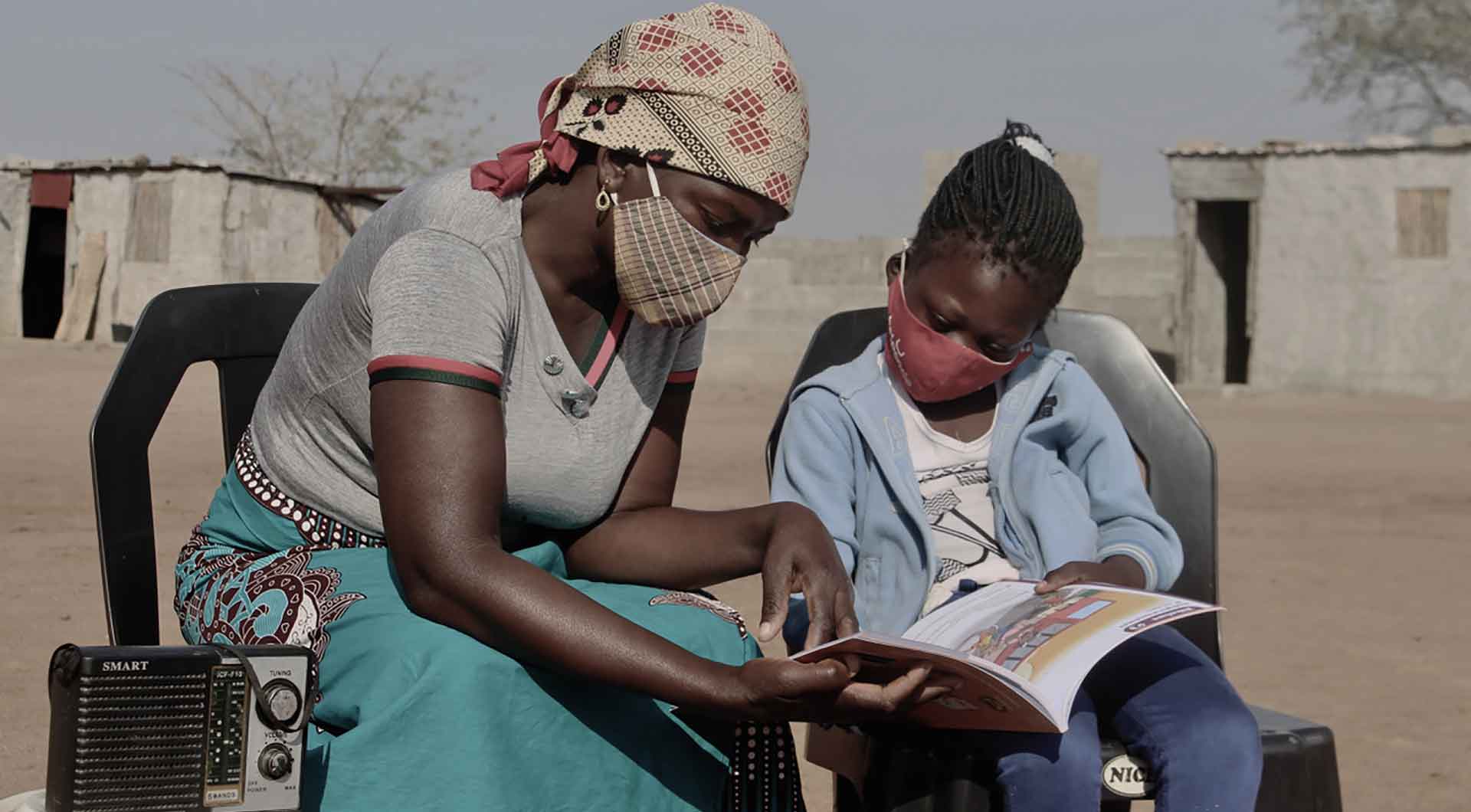
Having access to nutritious, adequate and affordable food should not be a privilege, it is a human right. We engage smallholder farmers through community-based sustainable farming programmes in Africa, Asia, Central and south America.

We mark the significance of World Food Day 2022 by reflecting on our rural and peri-urban farming transformations which reduce exposure to hunger and malnutrition. World Food Day is celebrated annually on 16 October. In 2022 the theme is, "Leave No one Behind. Better Production, Better Nutrition, a Better Environment and a Better Life". The theme builds on the momentum developed following last year’s United Nations Food and Agriculture Organisation led Food Systems Summit.
In 2021, the Food Systems Summit laid the groundwork for global food systems transformation and accelerated action to achieve the Sustainable Development Goals (SDGs). Governments, the private sector, civil society, and academia all have a role to play, but so do each individual person’s actions.
Global agri-food systems need to change both for the people and for the planet. They are currently failing to provide healthy and nutritious food to people in an equitable manner. Natural resources such as water and land are depleting at an alarming rate, and biodiversity loss is a major concern.
Food systems contribute up to one-third of global greenhouse gas emissions while also being impacted by the effects of climate change. A major transformation is needed to feed 10 billion people worldwide by 2050. 80% of food eaten in parts of Asia and in Sub-Saharan Africa is produced by small- scale farmers, according to the International Fund for Agricultural Development (IFAD) in 2021.
A sustainable solution to the world’s food crisis must include the 500 million small farmers in the developing world. Small-scale sustainable production benefits both the communities and the environment, giving priority to local production and consumption.
Lario Alvaro, the newly appointed President of IFAD, indicates the need for the UN agency to focus on investing in the resilience of small-scale farmers so they can produce food for themselves and are not left at the mercy of external shocks.
“Resilient means that when you have a shock to your income – like currently, with inflation – when you have a shock coming from extreme climate, you’re not going to fall from the brink of poverty into poverty or food insecurity,” said Lario.
We believe agriculture and environment are intimately connected. Fighting for food security must go hand-in-hand with protecting the environment. The healthiest production methods also help fighting off climate change and build social coherence.
We have a long tradition for working together with the small-scale farmers in organising them in local community structures and supporting them to find solutions to known and new challenges. We engage farmers in learning new skills and trying out farming methods worthy to roll out; protecting land, water and vegetation for a healthy environment that will give back to the people who inhabit it. Increasingly, the farmers take part in climate resilience and adapting to improved farming methods which ensure household food security.
Our sustainable agriculture concept, Farmers’ Clubs, places farmers and their families at the centre of all activities. In the clubs, the farmers meet, learn and support one another in finding common solutions to the challenges they face. Working together, the clubs develop ethical, sustainable production and regenerative farming practices that they can implement together with their communities, in harmony with nature.
One of our members, ADPP Angola, is implementing a Farmers’ Clubs project which is engaging 1,500 farmers in increasing farm productivity and improving livelihood options through sustainable agriculture. The farmers are trained in appropriate farming techniques, including improved seed varieties, irrigation systems, processing and marketing.
“We have learnt new farming techniques in our demonstration field. We have learnt about conservation farming and have opted to use drip irrigation to conserve water. Most of our Club members have increased their production and are growing a variety of vegetables which have contributed to a significant improvement in health conditions of our children,” Avelina Hope Salvador, Farmers’ Clubs Luanda, ADPP Angola.
In Ecuador, Segundo Samuel Quilligana is part of Humana Pueblo para Pueblo Ecuador Farmers’ Clubs Central Quisapincha. Segundo is one of the 2,000 small-scale farmers who are organised in local clubs where learning and sharing of experiences is drives diffusion of knowledge transfer, the farmers have adopted sustainable agricultural practices and are adapting own farming to boost productivity under changing climatic conditions.
“We have acquired organisational skills and this helps us to work for the common good of the community. The sales of guinea pigs and gooseberries help us economically, especially after the Covid-19 crisis. The project has reactivated our capacity to sustain our families’ basic needs,” says Segundo.
Our Farmers’ Clubs programme has been part of supporting over 250,000 smallholder farmers and their families to adopt sustainable farming practices since 2006. We remain resolute that a sustainable solution to the world’s food crisis must include half a billion small-scale farmers in the developing world who produce food and feed billions of people every year.